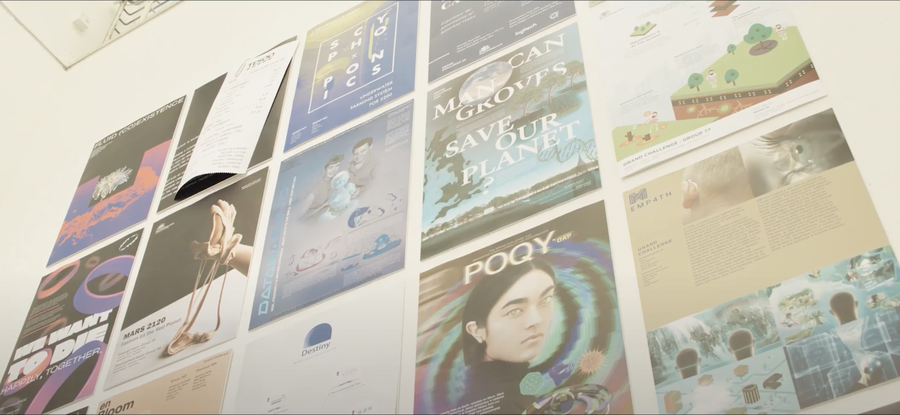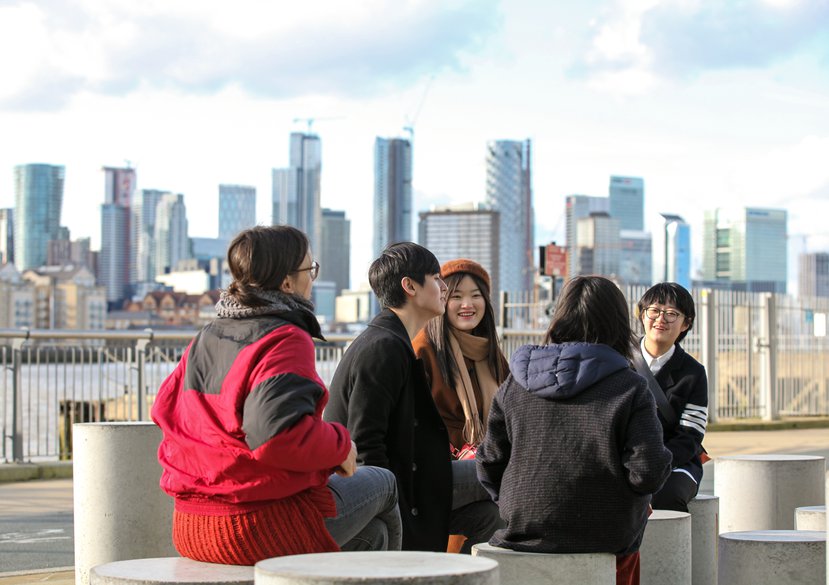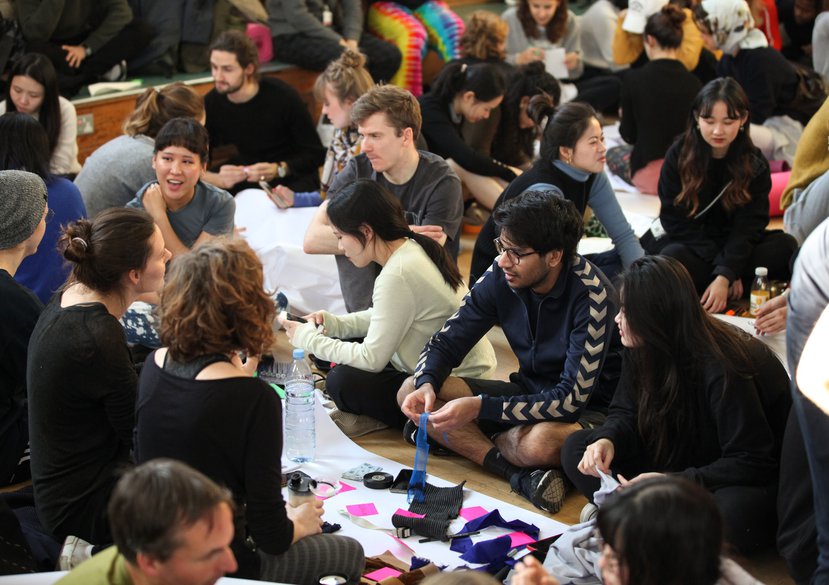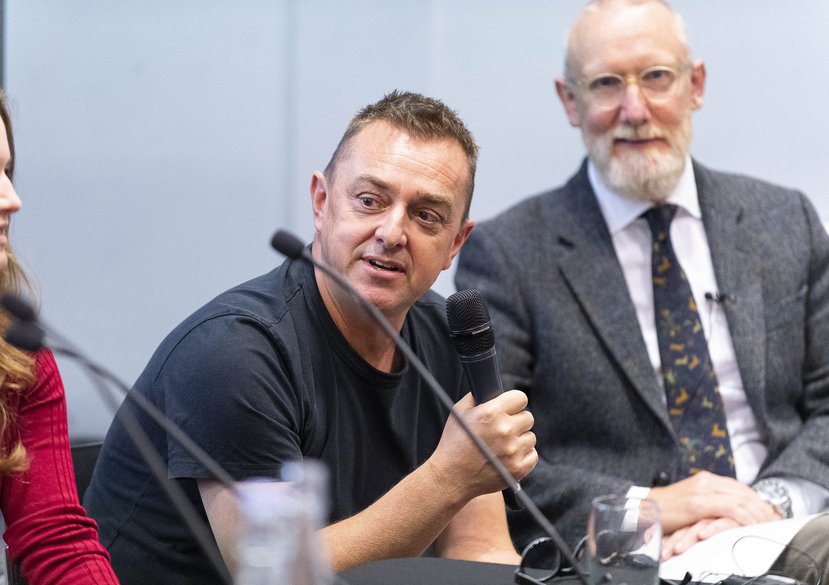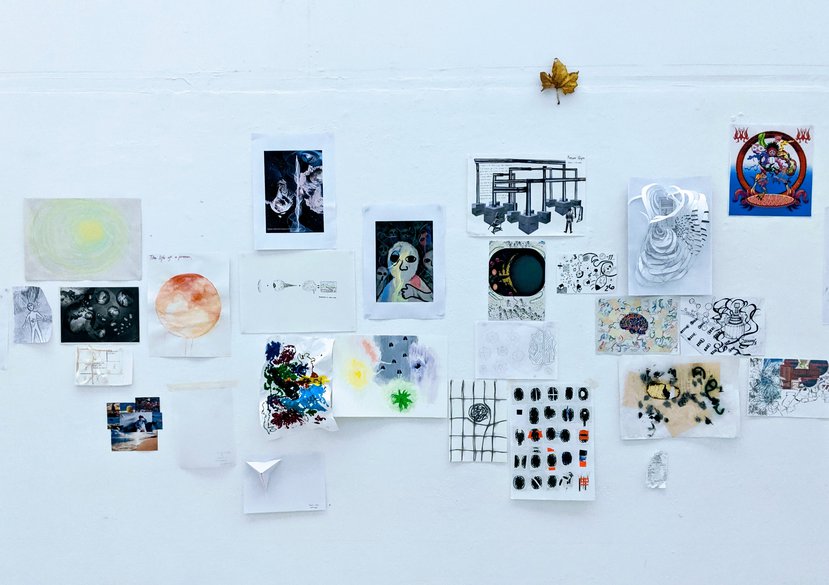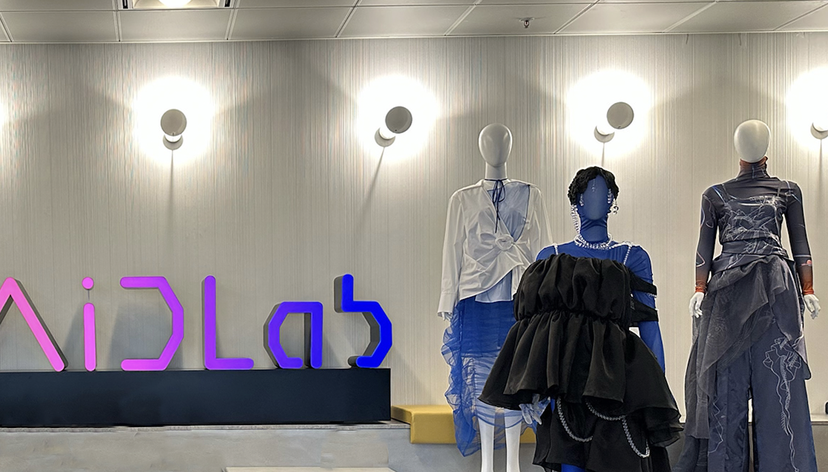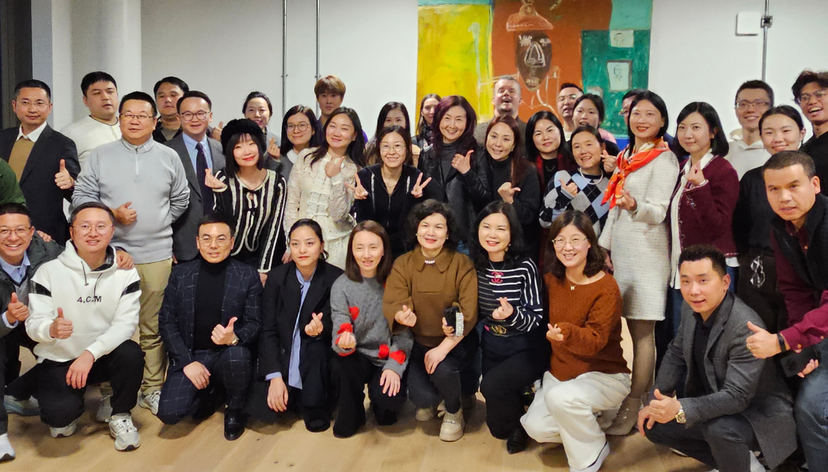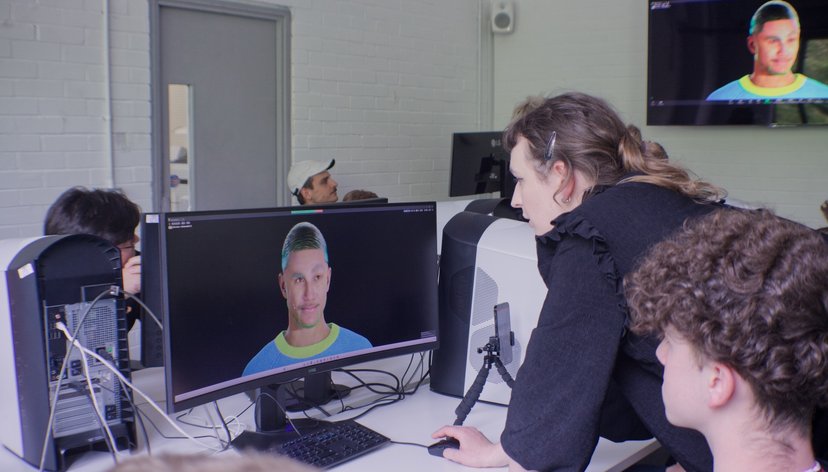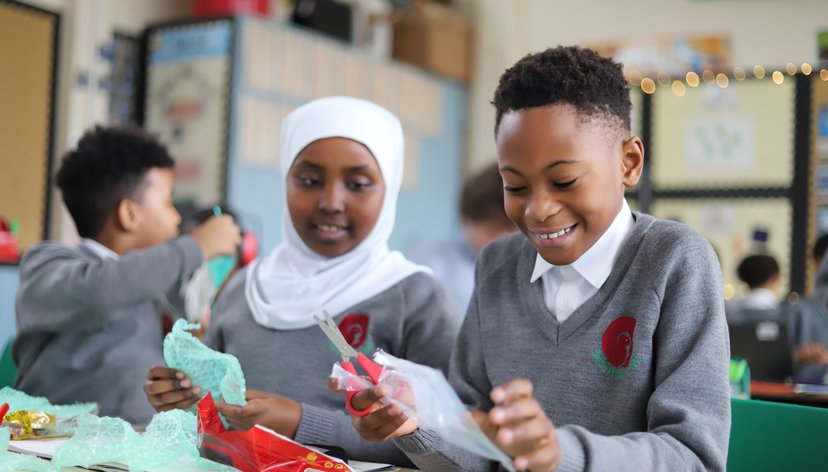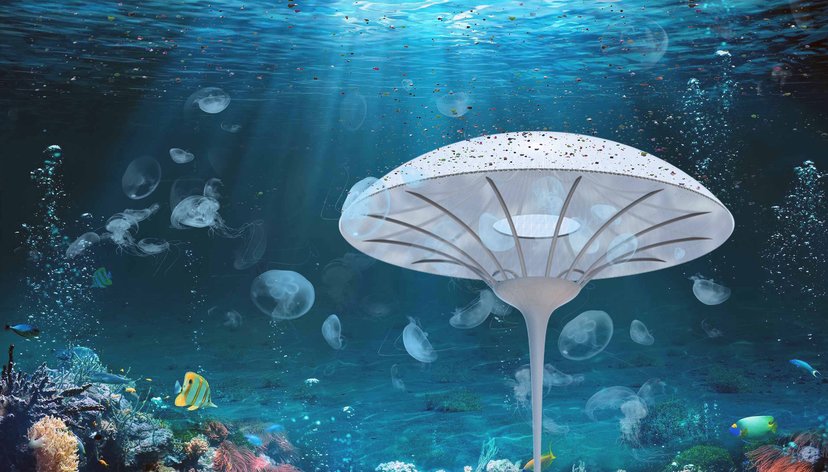
The Grand Challenge 2019/20: 'Enhancing the Human – capability and performance', asked students to consider designing for humans 180 years from now.
At a glance
- The Grand Challenge is a unique and innovative learning experience for MA students in the School of Design.
- 2019/20 saw the RCA’s School of Design partner with Logitech, with support from CERN, to collectively and creatively explore our future through a human perspective.
- Students from across the School of Design worked in interdisciplinary teams to consider and address ‘Enhancing the Human: capability and performance’, projecting their thinking to the future, 2070–2200.
“The Grand Challenge provides a unique opportunity to harness the mass creative brainpower of RCA design disciplines.”
Dean, School of Design
Key details
Gallery
More information
Partners
Logitech
Logitech is a Swiss manufacturer of computer peripherals and software, and is working with the RCA and other partners to explore the future of human capability and performance.
Logitech’s CEO, Bracken Darrell, describes the company as ‘a "third-generation" design company, which sees design in every aspect of the company, changing everything constantly with the goal of improving the user’s experience’.
Supporters
The European Laboratory for Particle Physics, and the Royal College of Art come together to explore how science, technology and design can propose solutions for international sustainability challenges.
The 2019/20 Grand Challenge
The 2019/20 brief – established by Head of Textiles, Anne Toomey and Head of Fashion, Zowie Broach – was designed to take design students out of their comfort zones, ignite conversations and provide a blueprint for future ways of working. Students worked in groups, supported by Logitech, CERN and RCA academic staff, to consider:
- What is the future of the digital experience?
- What is the future for community endeavour?
- What is the future for creativity?
What happened
- 400 Students were split into 79 interdisciplinary teams.
- These 79 groups competed for the chance to win a combined award of £10,000 and present their final projects to representatives from Logitech, CERN and the RCA.
- Each team was given guidance from academic and industry mentors from the RCA, Logitech, CERN and external organisations including Google X and Lego. These included Malachy Spollen, Head of Future Sooner at Logitech.
- In the lead up to the project start date, the RCA conducted a lecture series to inspire and provoke students. Lectures included: ‘Human Performance 2.0’ by Dr Andy Walshe, Partner, The Liminal Collective; ‘Internal Neuro’ from Dr Dr Vincent Giampietro, Senior Lecturer in Neuroscience Education at King’s College London and ‘Beyond Tech: Questions to guide the future of design’ by Dr Flaviu Cipcigan, Researcher at IBM Research UK.
- This was followed by a series of workshops and activities to take students beyond their current perceptions and comfort zones.
- Students then worked intensively in groups to explore these questions and arrive at an illustrated question, design probe, speculative body of work or provocation that could take any form they chose, but had to include a 2-minute video and 10 slide digital presentation.
The winning projects
79 groups were whittled down to 12 finalists. The groups drew from human ingenuity and nature to present optimistic solutions to possible futures based on real projected problems, including climate change, overpopulation and complex ethical challenges.
From these 12, four winners were selected:
Scyphonoponics – Underwater Farming (with help from jellyfish)!
Considering climate change, rising sea levels and an emphasis on ‘food for survival’ due to lack of farmland, the group explored new farming technologies and methods using animal allies. They presented a holistic approach to growing crops that utilises CRISPR gene modification and hydroponics, consisting of strategically designed farm containers with hydroponic and aeroponic systems anchored to the ocean beds and monitored remotely.
The process includes human gloves made of collagen biomaterials for us to contact the 'Jellyfish' – our future thriving farming ‘allies’, which are programmed to protect, monitor and transport food to us from the under-water farm containers.
Sound Connection
Sound pollution has reached dangerous levels – a steady rise since the industrial revolution – resulting in the introduction of sound restriction. Individuals must now live on an allowance of ‘sound credit’. To fight the system, a group of ‘sound hackers’ designed sound shields to hide sounds inside everyday objects, so that humanity can once again explore the importance of sound.
HomoMelius
It’s 2120 and people were unable to withstand the consequences of Global Warming. The extreme rise in sea level and the pollution forced people to migrate to floating cities that are able to resist the harsh and unpredictable climate. A lack of resources, production and exchange forces people out of the consumer-driven economy, towards one common goal: survival.
Homo-Melius present a design concept where citizens of the future will be able to modify themselves through DNA editing. This modification is accessed through a pill which is absorbed through an artificial organ implemented in the belly button.
Body Fluid
Evolutionary changes take many thousands of years to occur in nature. But what if you could experience multiple genetic adaptations, changes, incarnations in your own body within a single lifetime? This is the story of Body Fluid, a virus that makes your DNA contagious, resulting in a future where evolution is possible without reproduction. In this future, an intimate act is the literal colliding of the body with an irreversible impact. But unlike other projections of genetic modified futures, Body Fluid acts with a randomised nature, similar to how natural reproduction has worked for millennia.
Why did Logitech work with the RCA?
With both parties noting clear streams of alignment in both their ethos and their strategic goals, Logitech have been working in partnership with the RCA since 2018 – including being a major donor to the College’s GenerationRCA campaign.
A number of RCA alumni work in Logitech’s design teams – including the company’s Chief Design Officer, Alastair Curtis. With the mutual goal of applying a high level of design thinking to the exploration of the future enhancement of human capability, RCA School of Design alumni worked directly with current students to really push the concept of this Grand Challenge to the extreme.
Team
Ask a question
Get in touch to find out about School of Design research projects.
[email protected]

